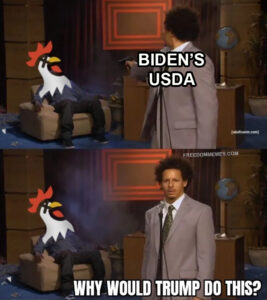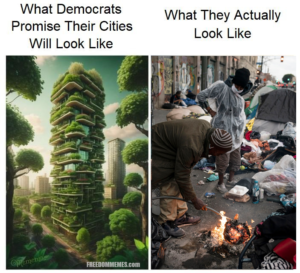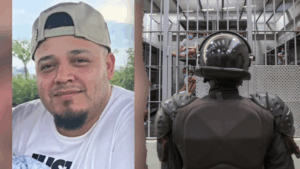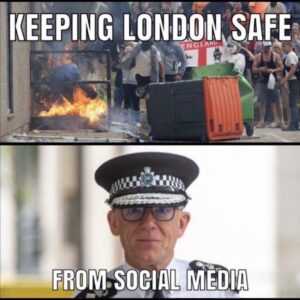Venezuela’s currency is worth more now as toilet paper than as money.

Back in February, when the Venezuelan government introduced its official and complicated three-tier exchange rate, 190 bolivars bought you one U.S. dollar on the black market—which is where real people without government connections shop for hard currency in Caracas. Now, just a few months later, the bolivar is worth about half that much. This is a brilliant testimony to the innovative power of the government’s socialist policies: faced with a crushing shortage of toilet paper, the Bolivarian regime has converted its own currency into butt-wipe.
Bloomberg notes:
The stunning collapse of Venezuela’s bolivar in black market trading this month — it fell to as low as 423 bolivars per dollar from 279 at the start of the month — has left Venezuelans scratching their heads, with many wondering why it has sunk below the value of gold and hard currency the central bank has to back it.
I may just be speculating here, but the Venezuelan government’s bold effort to totally divorce the country’s economy from supply, demand, and market mechanisms of any sort may be rendering the bolivar a tad flabby. Having subsidized the price of gasoline—unintentionally for neighboring Colombia—imposed rationing to purchase even basic commodities, and driven doctors to flee from what has become a barter economy, socialist policies just may have dinged the value of Venezuelan currency.
Actual buying and selling of goods and services in Venezuela now requires dollars.









